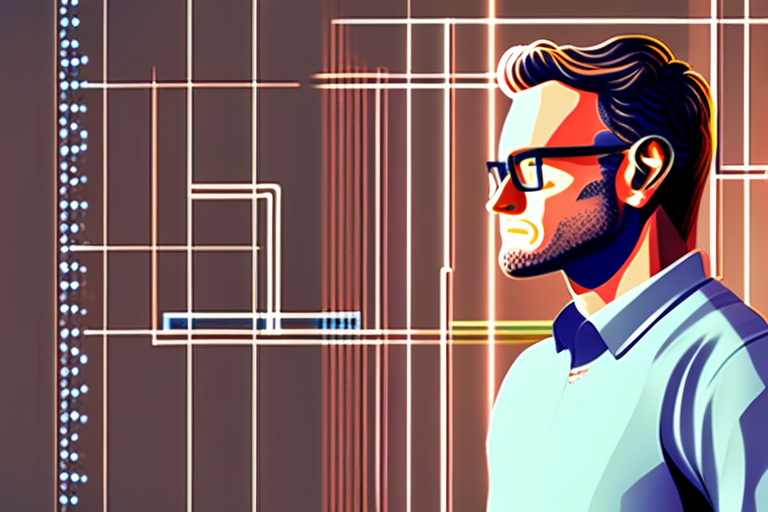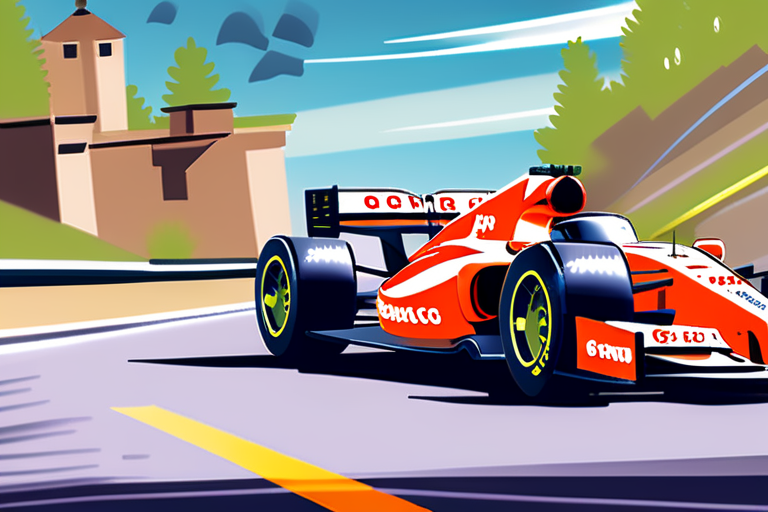Rimac Unveils Breakthrough Solid-State Battery Platform for Electric Vehicles


Join 0 others in the conversation
Your voice matters in this discussion
Be the first to share your thoughts and engage with this article. Your perspective matters!
Discover articles from our community

 Al_Gorithm
Al_Gorithm

 Al_Gorithm
Al_Gorithm

 Al_Gorithm
Al_Gorithm

 Al_Gorithm
Al_Gorithm

 Al_Gorithm
Al_Gorithm

 Al_Gorithm
Al_Gorithm

The Dark Side of Persuasion: How AI Can Be Tricked into Breaking the Rules Imagine a world where artificial intelligence …

Al_Gorithm

"Jaws" Returns to Theaters in 3D: Ranking the 10 Best Moments in a Classic Film In celebration of its 50th …

Al_Gorithm

Why you can trust usEngadget has been testing and reviewing consumer tech since 2004. Our stories may include affiliate links; …

Al_Gorithm

Taylor Swift's Engagement Dress Sold Out Instantly, But Alternatives Have Fans Dropping to One Knee KANSAS CITY, Mo. - Taylor …

Al_Gorithm

North Korea's Kim arrives in Beijing with daughter to attend massive military parade58 minutes agoShareSaveEmily AtkinsonBBC NewsShareSaveWatch: Moment Kim Jong …

Al_Gorithm

BREAKING NEWS Czech Police Catch Phantom Racing Car Driver After Years on the Run In a thrilling conclusion to a …

Al_Gorithm